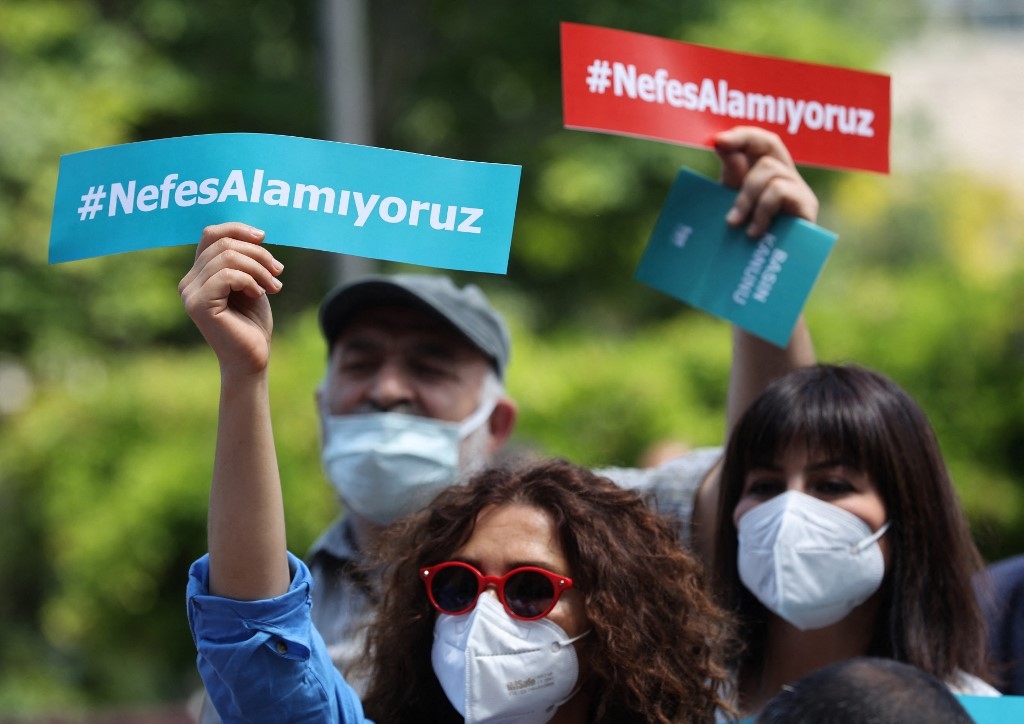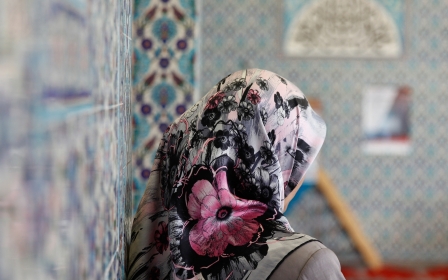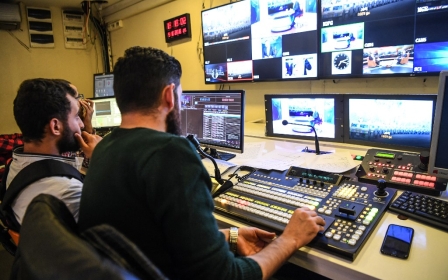Turkey to regulate foreign funding of news media

Turkey will soon regulate foreign-funded media based in the country and will ask them to submit a detailed report on their activities every six months, the Turkish Presidency announced on Wednesday.
The announcement came as local Turkish media revealed that the US-based Chrest Foundation, a private charity, has issued tens of thousands of dollars worth of grants to independent Turkish news organisations since 2001. At the receiving end, there are very popular outlets such as Medyascope, Bianet, Serbestiyet and video news-making platform, 140Journos.
'We won’t allow fifth column activities under new disguises,'
- Fahrettin Altun, Turkish president’s communications director
Turkey was ranked 153 out of 180 countries in the Reporters Without Borders' (RSF) 2021 World Press Freedom Index, moving up from 154th last year. Traditional Turkish media is largely controlled by pro-government conglomerates while small opposition media groups often struggle to find advertisement and revenue.
Pro-government media, such as tabloid Takvim daily, accused the news platforms that received foreign grants of working as “hitmen” against Turkish national interests and propagating on behalf of opposition leaders.
“We won’t allow fifth column activities under new disguises,” Fahrettin Altun, the Turkish president’s communications director said in a statement.
New MEE newsletter: Jerusalem Dispatch
Sign up to get the latest insights and analysis on Israel-Palestine, alongside Turkey Unpacked and other MEE newsletters
“There is a need to issue a new regulation regarding the media outlets that operate with foreign states and institutes. You could see an example of this in the United States, where media outlets with foreign state funding are required to inform the US government about their activities.”
Journalists defend foreign funding
Journalists working for these independent media outlets say that it is impossible to finance their work without finding charity grants.
“Turkey is a country of unemployed journalists thanks to this government,” one journalist speaking on condition of anonymity said. “They fund pro-government newspapers with pro-government construction companies that always win public tenders. But others cannot even receive private advertisements due to government pressure.”
Altun said the regulations of foreign funding of news organisations would be finalised as soon as possible.
Similar regulations have been imposed by Russia on foreign state-funded organisations, which puts a great financial strain on local journalists.
The US Justice Department last year forced Turkey’s public broadcasters TRT World to register as a foreign agent, requiring the Istanbul-based English language news channel to report on its activities every six months along with Russia’s RT and China’s CGTN.
Ismail Kilicarslan, a columnist for pro-government Yeni Safak daily, like many other commentators, criticised Medyascope for receiving $476,000 in the last five years. “So I’m a partisan even though I only earn a little sum for the articles I wrote, but [Medyascope founder] Rusen Cakir is a dissident?" he said.
But many others issued statements in support of Medyascope, which has over 260,000 followers on YouTube.
“Medyascope continued to shoulder courageous and impartial news making at a time where independent journalism almost ended,” said Ahmet Gumustekin, a famed artist. “We trust them.”
Middle East Eye delivers independent and unrivalled coverage and analysis of the Middle East, North Africa and beyond. To learn more about republishing this content and the associated fees, please fill out this form. More about MEE can be found here.




